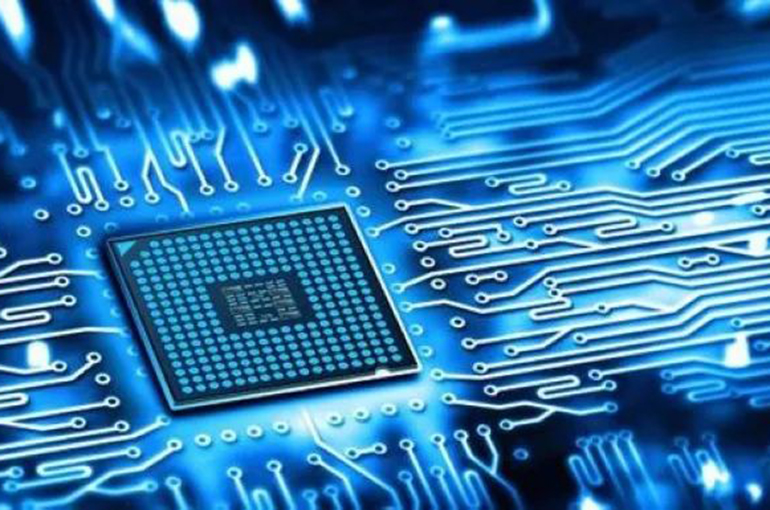 Japan’s New Chip Export Curbs Will Hurt Japanese Firms Badly, Chinese Academic Says
Japan’s New Chip Export Curbs Will Hurt Japanese Firms Badly, Chinese Academic Says(Yicai Global) July 24 -- Japan’s newly imposed restrictions on the export of semiconductor manufacturing equipment, which came into force today, will not only badly affect China’s integrated circuits industry, but will also cause great harm to Japanese companies engaged in the sector, a professor at the Shanghai University of International Business and Economics said.
Japan has restricted the sale of 23 types of chip-making tools, including gear used to remove impurities generated in the semiconductor-manufacturing process, to any country not on its list of 42 “friendly” markets.
Japan’s export control bill on chip manufacturing equipment is part of the US’ “economic decoupling” strategy and has a strong Cold War overtone, said Chen Zilei, who is also the director of the Japan Economic Research Center.
The move will cause Japanese chip gear making firms to suffer huge losses, as between 20 percent and 30 percent of their revenue comes from China, Chen said. It will also have a definite impact on industrial supply chains in the semiconductor field in China, Japan, East Asia and even other parts of the world, he added.
Japan accounts for around 30 percent of the world’s semiconductor equipment market, of which nearly 40 percent is exported to China. In 2021, the East Asian nation exported USD12 billion of chipmaking tools to China, nearly twice as much as to the US, according to the United Nations International Trade Center.
“Due to the impact of US restrictions on the export of semiconductor gear, introduced last October, the layout of Japanese businesses in the Chinese market has had to change,” the Semiconductor Equipment Association of Japan told Yicai Global.
"Last year, China was the world’s largest semiconductor equipment market, and we believe that the Chinese market remains important for Japanese companies,” it said.
Tokyo Electron cannot comment on policy decisions involving bilateral or multilateral issues, the world’s third-largest semiconductor equipment manufacturer told Yicai Global.
Several Japanese companies that dominate the special exposure equipment sector said they hope to continue to cooperate with the Chinese market when contacted by Yicai Global. Adavantest, which specializes in chip testing equipment, did not reply.
Editor: Kim Taylor